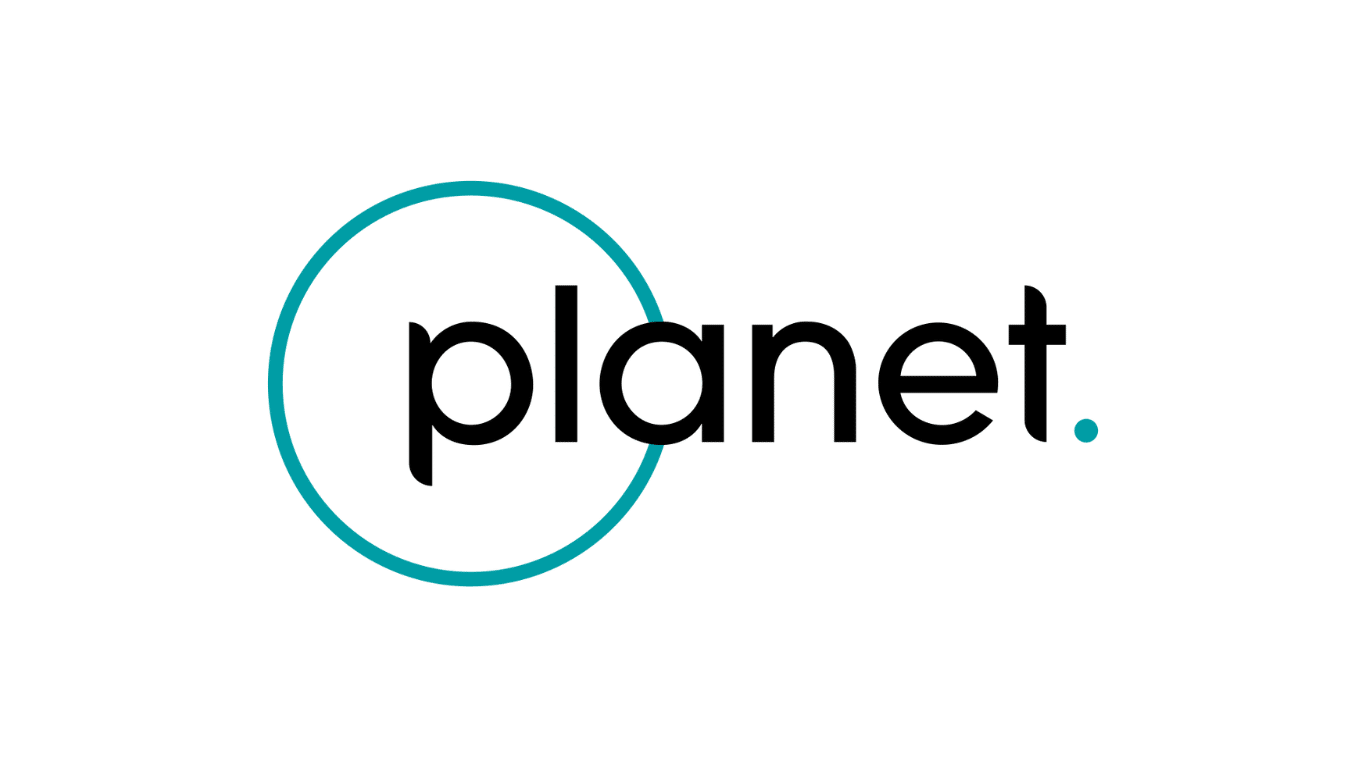Key Takeaways
- Planet Labs signs new six-figure contract with global agtech firm Farmdar
- Agreement grants Farmdar enhanced access to PlanetScope data and basemaps
- Partnership aims to strengthen AI-driven crop insights, especially for sugarcane
- Planet’s daily satellite imagery will support precision agriculture initiatives worldwide
- The collaboration continues a relationship between the two companies established in 2022
Planet Labs Expands Collaboration with Farmdar
Planet Labs PBC has entered a new agreement with Farmdar, a Singapore-headquartered agricultural technology company, to support Farmdar’s AI-powered crop insights platform. Under the six-figure contract, Farmdar will gain enhanced access to Planet’s PlanetScope satellite imagery archive and base maps to advance precision agriculture across global markets.
Supporting Scalable Agricultural Intelligence
Since 2022, Farmdar has used Planet Labs data to build its crop analytics. With this expanded access, the company intends to improve key agricultural functions including crop detection, arable land mapping, and identifying field boundaries. The PlanetScope archive will serve as a critical input for Farmdar’s AI models, enabling more granular and timely decision-making for clients in the agriculture sector.
According to Planet Labs President and CFO Ashley Johnson, “Farmdar’s cutting-edge AI for agricultural optimization, powered by PlanetScope data, will provide the essential, frequent insights needed to drive more sustainable and productive farming practices globally.”
Farmdar & Planet Labs: Precision Farming for Global Clients
Farmdar CTO David Pridmore emphasized the importance of direct access to Planet Labs’ satellite imagery for crops requiring high accuracy, such as sugarcane. “Planet’s unparalleled near-daily PlanetScope data provides the foundational, high-quality inputs our AI models require for delivering unparalleled accuracy,” Pridmore said.
The new agreement is expected to enhance Farmdar’s ability to deliver crop insights that support productivity, reduce operational risk, and align with sustainability goals for agribusinesses globally.
Ongoing Demand for Geospatial Data Solutions
This agreement reflects a broader trend in agriculture toward data-driven practices, where real-time satellite imagery plays a role in optimizing yields and resource use. Planet Labs continues to support customers across sectors, offering daily Earth observation data to organizations involved in agriculture, forestry, finance, and government.
Planet Labs and Farmdar both highlighted the partnership’s alignment with long-term goals of improving agricultural efficiency and supporting food security through technology.


